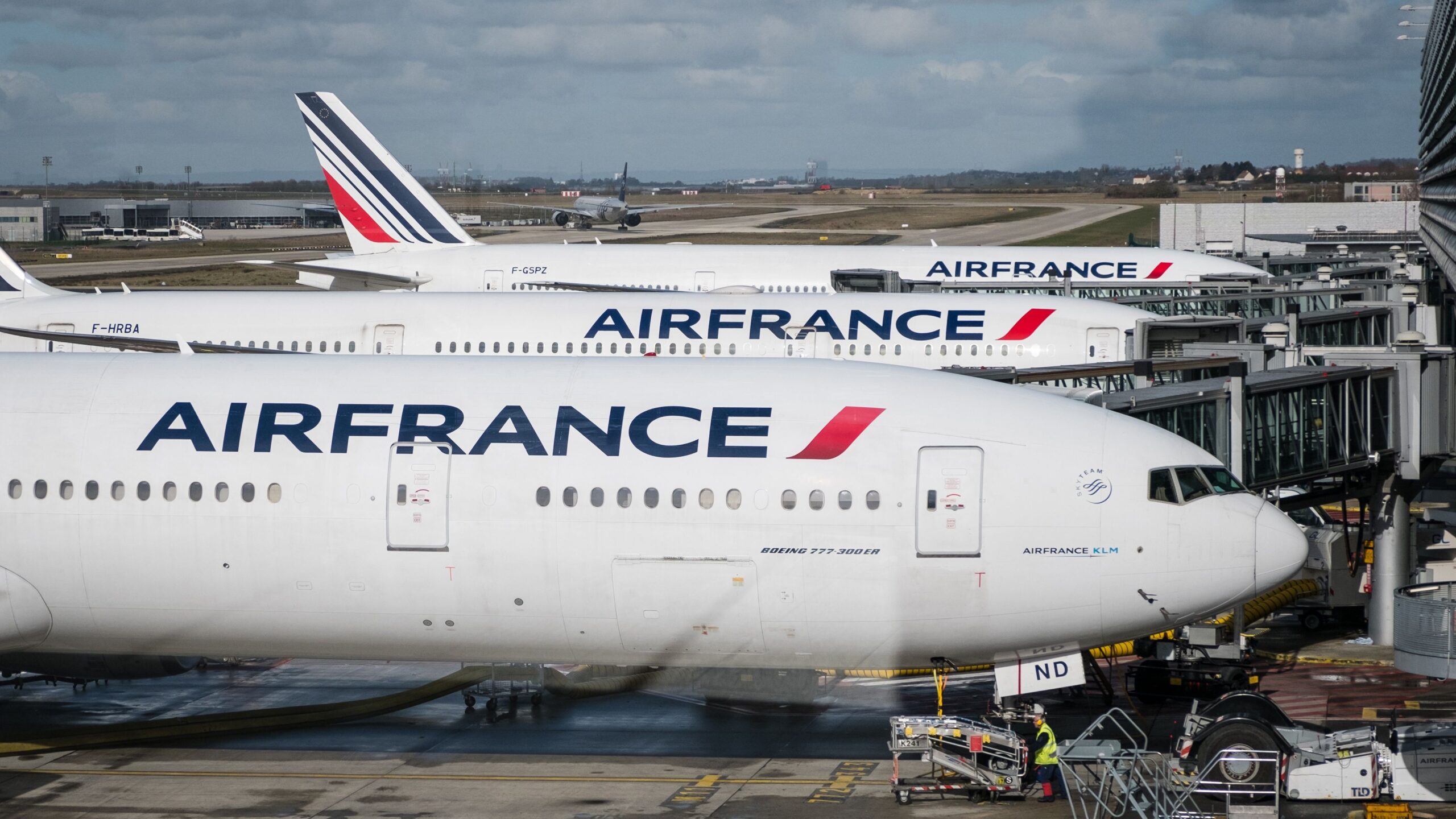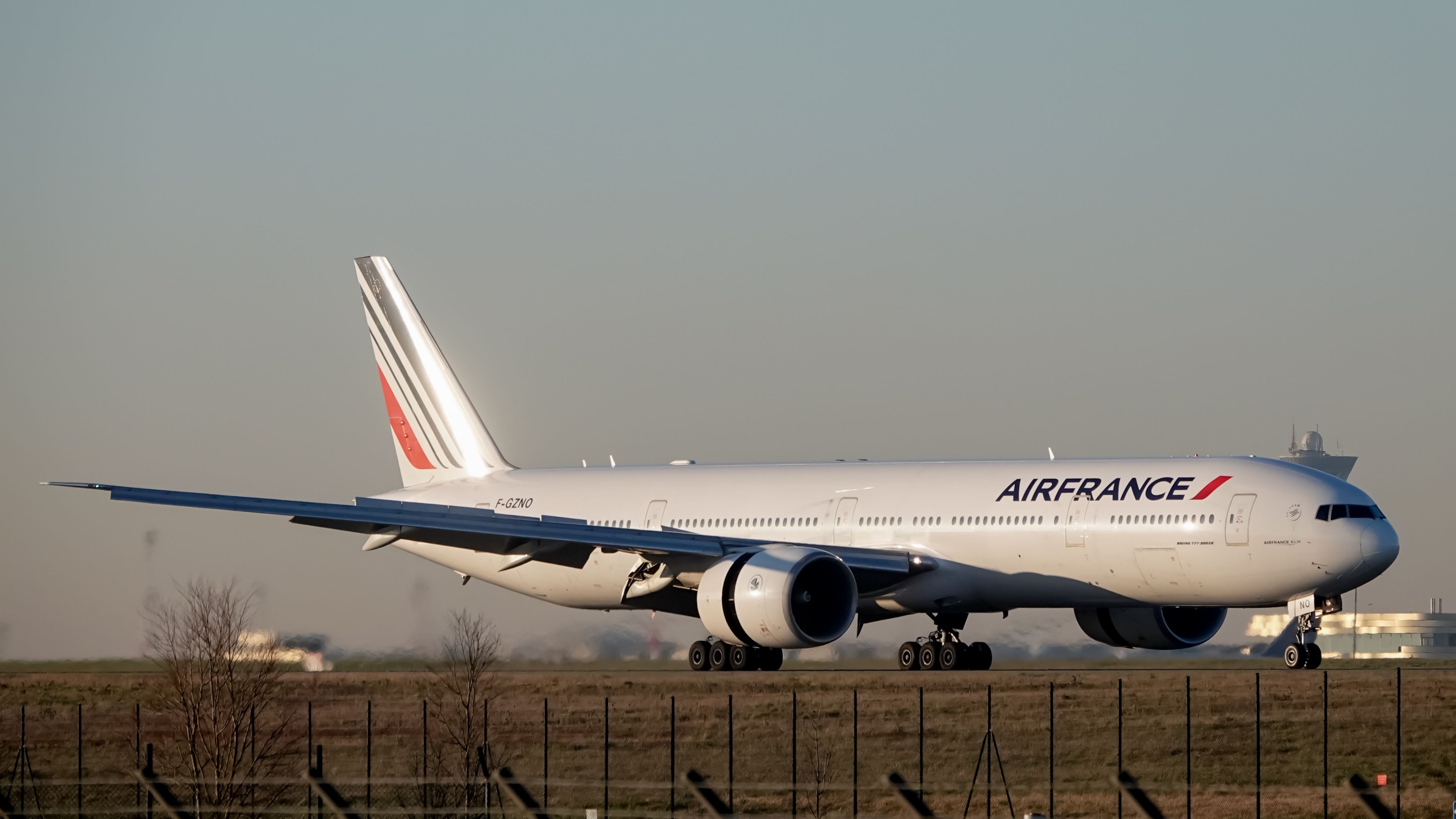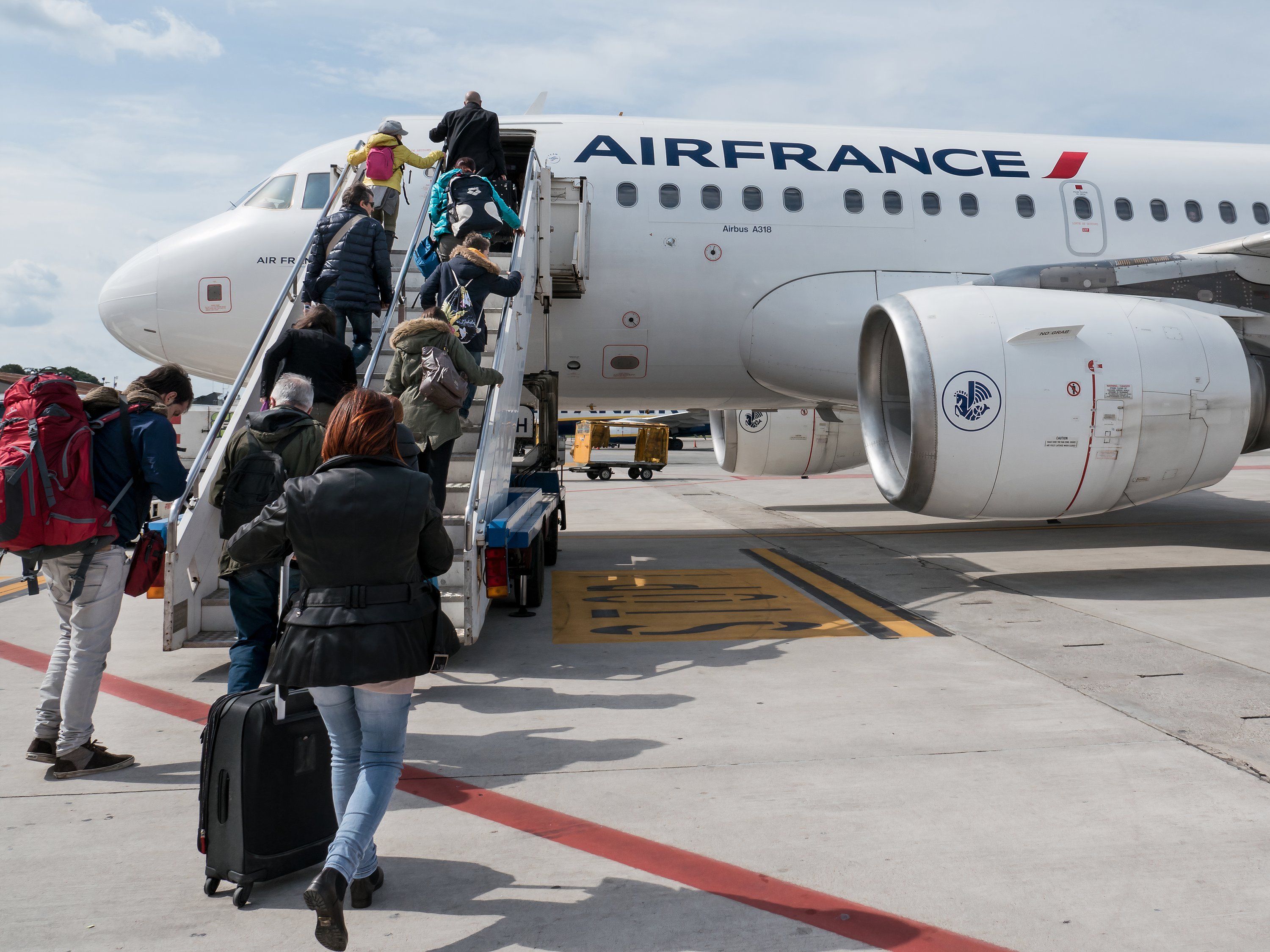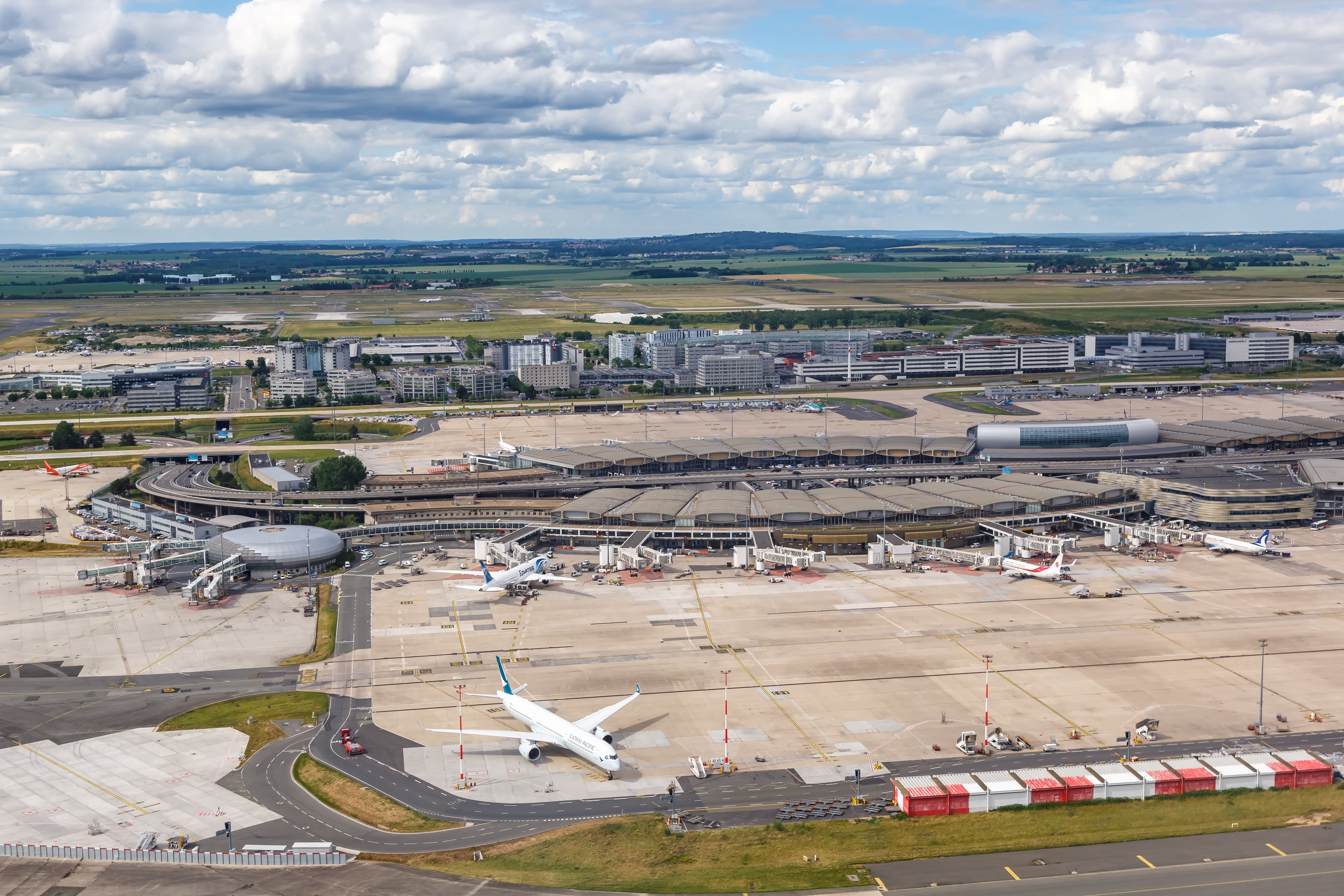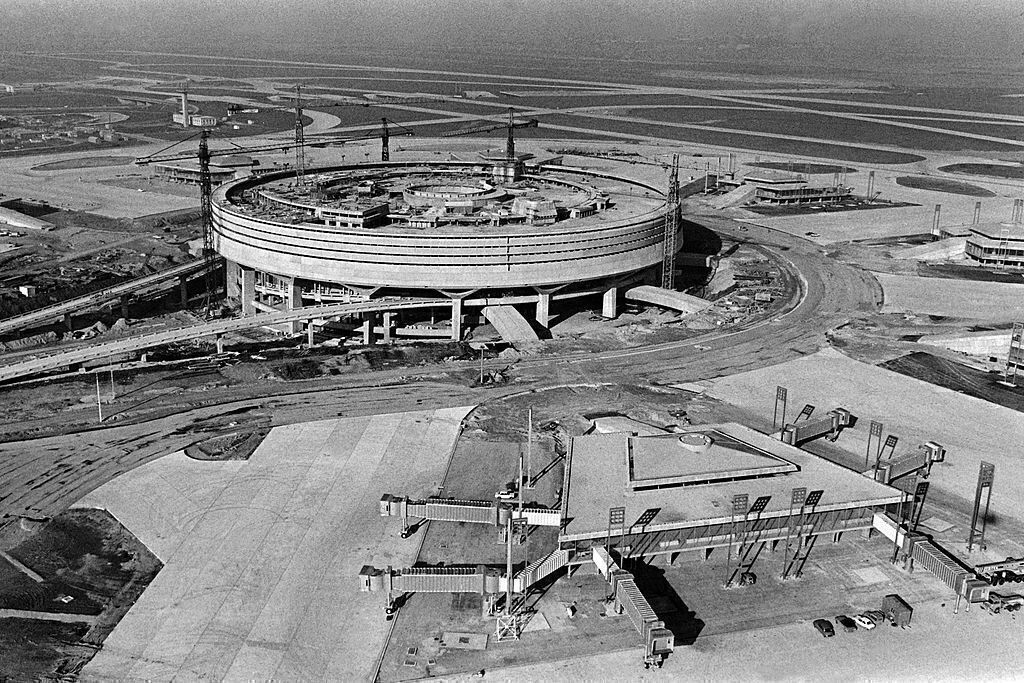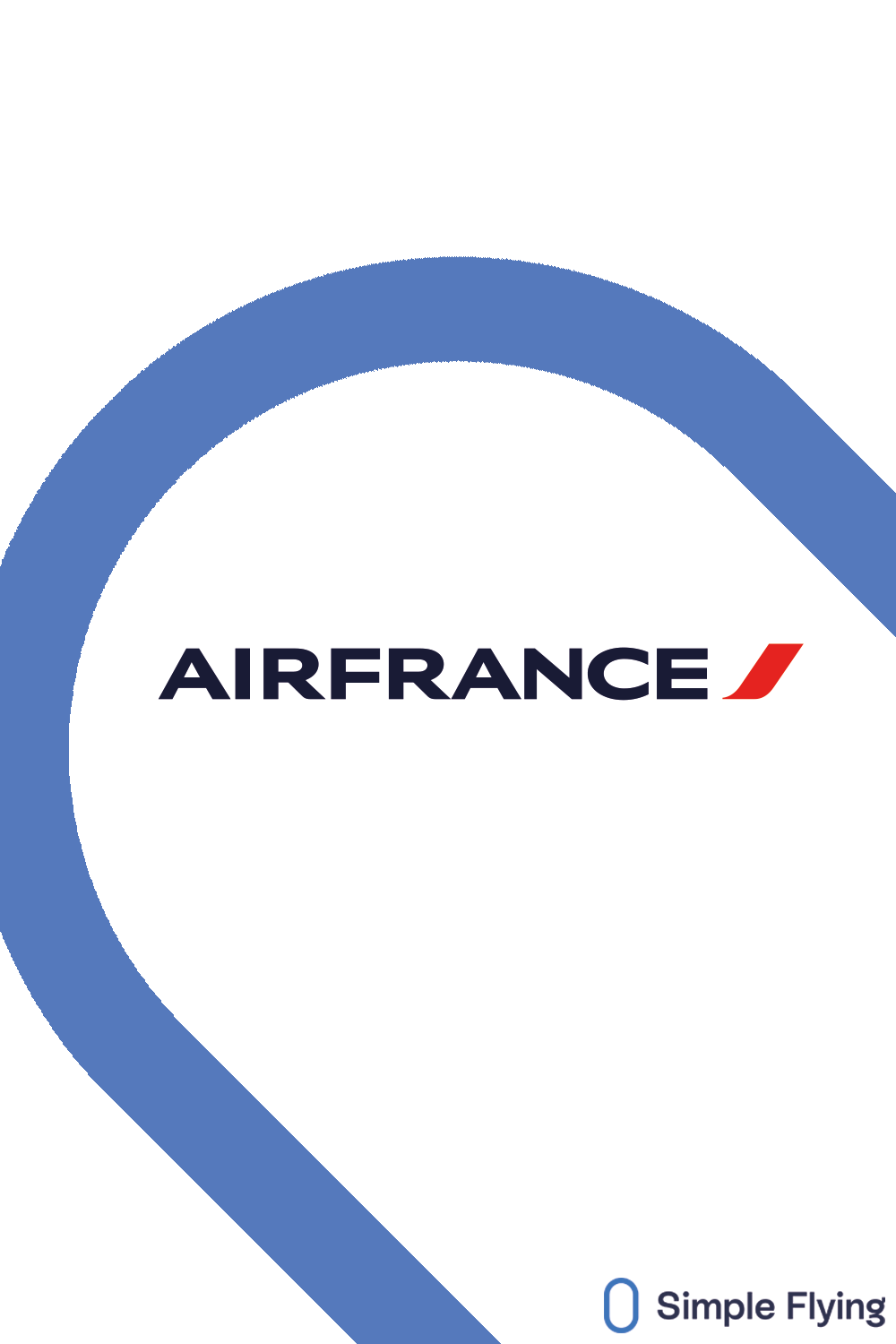Summary
- The ‘Workers Force’ labor union plans to strike during the opening day of the Paris Olympics at CDG, ORY, and LBG airports.
- The union demands a fairer distribution of airport profits, primarily seeking a pay increase in dissatisfaction with a July 16 agreement.
- In addition to the airport ground staff, pilot and cabin crew unions at Air France also plan to strike.
In the lead-up to the Paris Olympics, the aviation sector is preparing for an influx of arriving passengers over the next few days. In addition, though, strike action is also expected to intensify the job of airport authorities and staff as airline and airport unions announce plans to stop working.
This week, a minority union representing ground staff workers at the three Paris’ airports including the main one, Paris Charles de Gaulle (CDG), revealed its intention to strike on none other than the opening day.
Strike action was always a concern in the lead up to the Olympics, as strong civil society organisations (notably unions) continue to show their weight in French decision making. Compared to other countries in the region, strike action is much more common in France as a measure called upon to push for demands that often involve pay and working conditions.
Force Ouvrière announces strikes
The Force Ouvrière (FO) or ‘Workers Force’ labor union has announced its intention to strike on the opening day of the Paris Olympics. The action could cause disruption at the Roissy-Charles de Gaulle (CDG), Orly (ORY), and Le Bourget (LBG) airports. FO is a minority union, having received 11.57% of the votes in the last elections.
On Monday, FO announced that it would be striking as it was disappointed and not satisfied with the agreement signed on July 16 between the majority of unions and the airports’ operator Groupe Aéroports de Paris (ADP).
It says it plans to strike as of 05:00 on July 26, ending the industrial action at 07:00 the following day on July 27. The Paris Olympics opening ceremony is on July 26. In a statement declaring its intention to strike, the Union said the July 16 agreement “generated a strong feeling of discontent”.
In order to lift the action, the union’s demands primarily include an increase in pay. In an interview with BFM TV, Union Secretary Fabrice Criquet said:
“It is up to the [airport] management to respond to our demands in the interests of the Olympics Games. What are our demands? Well it’s very simple, it’s a fair distribution of the riches produced by the Paris airports that are [currently] distributed in a disproportionate way between the stakeholders – of which the state owns a majority – and staff.”
He noted that it has been months now since FO has attempted to enter into negotiations to discuss its demands, but to no avail.
Strikes at Air France
Strikes are also to be expected on the airline side, with pilot union Alter also having announced a strike at ORY to protest Air France’s deicison to ultimately leave the airport and move its operation completely to CDG with certain exceptions. The union argues that nearly a thousand jobs are to be affected by the move. They are currently on strike, having begun on July 22 with a planned end for July 25.
Photo: pio3 I Shutterstock
Low-cost carrier Transavia was expected to pick up many of the routes dropped from ORY, but the union argues this is not happening fast enough.
“Transavia does not have the means to take up these routes in the anticipated timeline, growth is therefore only achieved through the use of charters from companies practicing social dumping.”
A cabin crew union at
Air France
will also be striking, for the same reason. The industrial action will take place from July 23 to July 29. Air France says that despite the strikes it can continue to guarantee the totality of its flight program, meaning the impact is very much limited.
In October, Air France had announced it would be leaving ORY due to a fall in demand, shifting the majority to CDG. Only flights to Corsica would remain. It has just over 400 employees operating from ORY.
Paris airspace already closed
Strikes here, there, and everywhere. A very unstable situation indeed for Paris’ aviation sector in the lead-up to the Olympics. A pre-planned closure of the airspace the day of the opening ceremony is also set to enter into force on Friday evening.
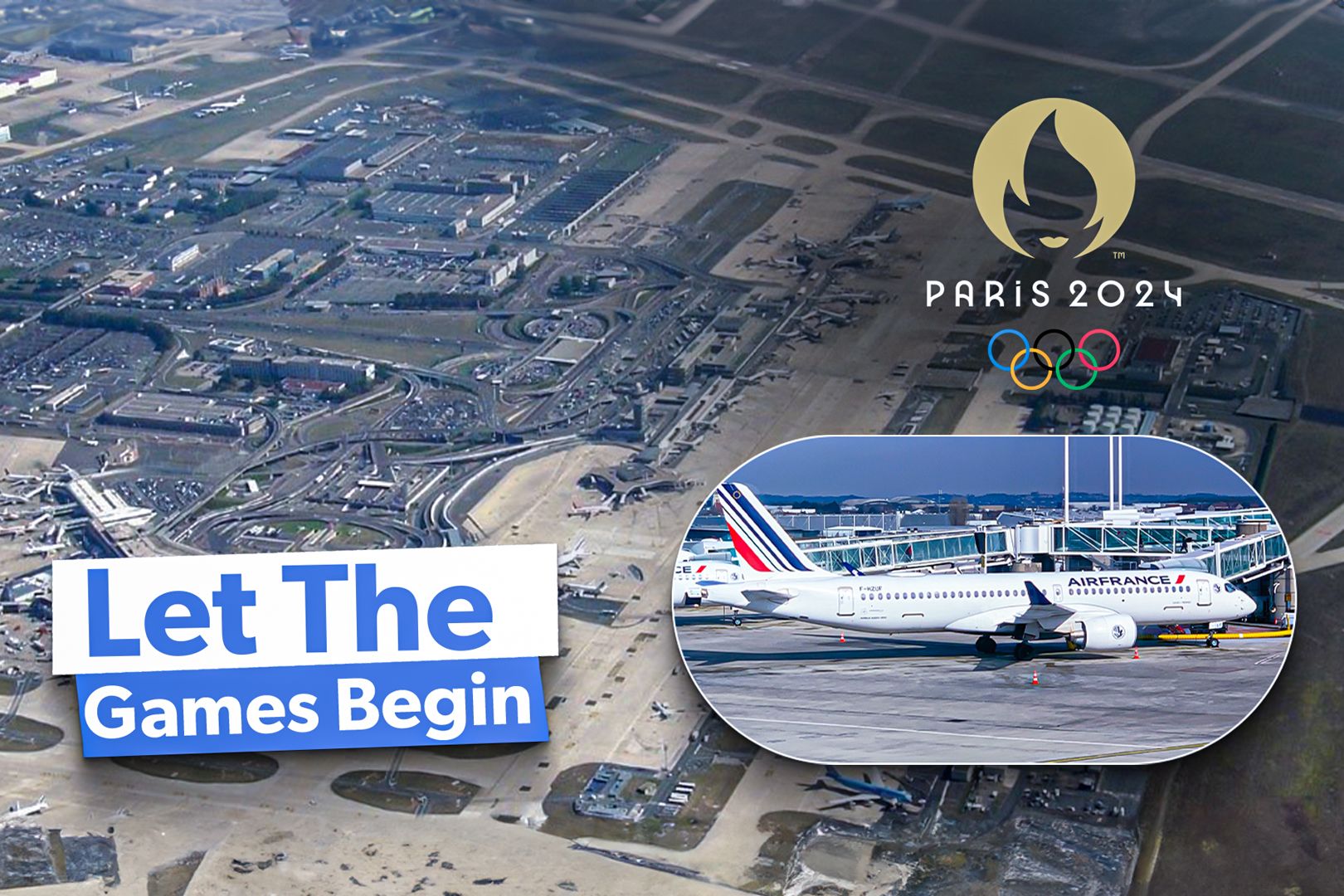
Related
How Will The 2024 Olympic Games Operationally Impact Paris’ Major Airports?
Strikes, more flights, and the ‘no-fly zone’ around Paris: here’s all you need to know about the impact of the 2024 Summer Olympics.
A no-fly zone roughly the size of neighboring Belgium will be established on July 26. Flights over all of Paris’ airports are therefore banned from 18:30 to midnight local time. Authorities say this is for security reasons to allow the opening ceremony to take place as planned on the Seine river.
Photo: Markus Mainka | Shutterstock
As airlines had already been informed, schedules were adapted well in advance, meaning there would be no last-minute cancellations due to the no-fly zone.

